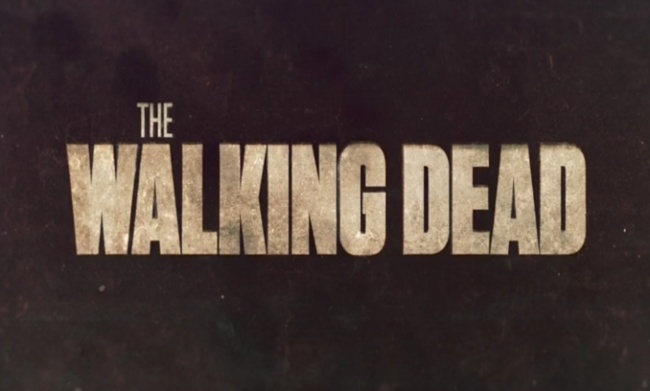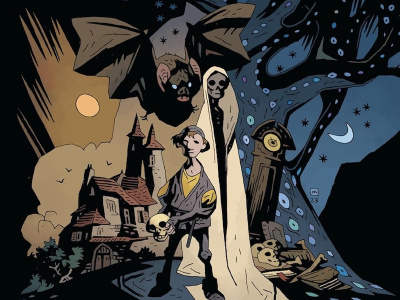The latest developments in the lawsuit between former Walking Dead showrunner Frank Darabont and AMC aren’t pretty; eloquently scripted, but not pretty, according to Deadline.
In a biting 9-page letter, AMC’s legal counsel accused Darabont and CAA of using the case to gather unrelated information, exposing "highly sensitive proprietary and confidential information that bears no relevance to Plaintiffs’ claims, including highly confidential and proprietary information relating to television shows other than the one at issue, The Walking Dead."
Darabont claims AMC used clever accounting to cheat him out of contractually assured profits for work on the show by hiding the show’s profits through reallocation within its vertically integrated system (see "AMC Slams 'Walking Dead' Lawsuit From Frank Darabont & CAA"). AMC’s letter addressed this specifically, with a certain amount of enviable allegorical snark, "Contracts are not screenplays. The law does not permit them to be unilaterally rewritten simply because one party dislikes the ending."
AMC’s concern about exposing its accounting (which it describes as "the files of Defendants, a television network, two television studios, and a parent company") was in response to Darabont’s counsel’s discovery request. The meat of AMC’s objection is the recent inclusion by the plaintiff of "two third-party attorneys whose knowledge of AMC’s highly confidential information would place AMC at an unfair and unjustified competitive disadvantage in future business negotiations." The lawyers in question, Alan Wertheimer and Robert Getman, have handled not only Darabont’s legal representation in the past, but have also represented JJ Abrams and other famous showrunners and screenwriters. Since AMC will have to deal with these lawyers in unrelated future consultation, they feel they will be unfairly exposed in the cold, dead-eyed world of contract negotiation.

To AMC Info
Posted by ICv2 on May 19, 2014 @ 3:47 pm CT
MORE COMICS
ComicHub and BookScan Best-Seller Lists Reveal Diverging Tastes
August 20, 2025
A look at the ComicHub and BookScan best-seller lists shows that comic shop customers are snapping up a wide variety of indy and retro horror.
Italian Original Raised Over $36,000 on Indiegogo
August 20, 2025
The Italian crowdfunding campaign for the first edition raised over $36,000 from 953 backers on Indiegogo.
MORE NEWS
New 2E Rulebook
August 20, 2025
Paizo, Inc. revealed Alien Core 2 , a new rulebook for Starfinder RPG 2E.
New Booster Set
August 20, 2025
Bushiroad unveiled DanDaDan , a booster set for Weiss Schwarz.







